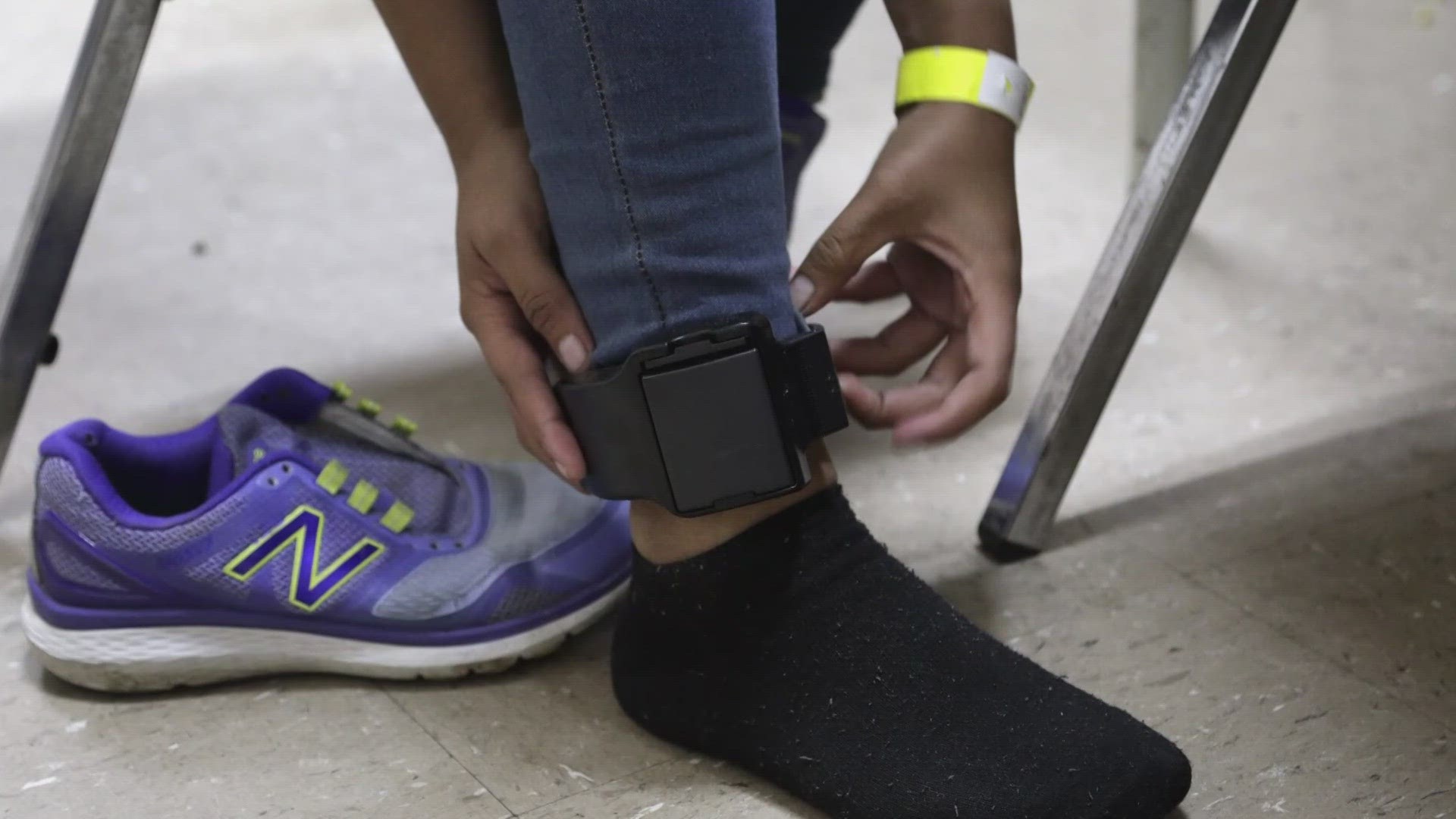UPPER MARLBORO, Md. — Maryland has suddenly run out of money to keep track of at least 650 accused criminals who are on electronic home detention.
Some legislators fear that could mean offenders back out in the community committing crimes.
The crisis caught Maryland judges off guard this week and exposed other serious flaws in the state’s electronic home detention program.
“Over 600 people that are on home detention monitoring are either going to have to be reincarcerated or be left unsupervised," warned Montgomery County Sen. Will Smith, who chairs the General Assembly's powerful Senate Judicial Proceedings Committee.
“It poses real public safety concerns for everyone in Maryland.”
Maryland’s chief judges tried to explain the situation to stunned legislators in hearings this week.
“As of now we don’t have a solution,” said Chief District Court Judge John P. Morrissey as he was questioned during a meeting of a House of Delegates Budget and Tax subcommittee overseeing public safety.
Morrissey explained that just like bail bonds, electronic home monitoring in Maryland is provided by private companies who charge $500 up front and $450 per month to keep track of an accused criminal waiting for trial while confined at home.
The $5 million budget for electronic home detention came from federal COVID funds which suddenly dried up last week when an avalanche of past due invoices hit because the ankle bracelet companies rushed to get paid before the money ran out.
The crisis put the spotlight on an earlier state report that documented long delays in notifying police when accused offenders skipped monitoring and ran off. The report also pointed out shortcomings in how companies invoice for home monitoring and accountability for how the funds are disbursed.
One result of that shortcoming was that a suspect in a mass shooting in Baltimore last July – was walking free while wearing a GPS monitor, critics say.
Morrissey told legislators that the court system needs $2 million right away to keep the monitors for at least 650 defendants turned on or judges will have to start calling reluctant defendants back to court and put them in jail or make other bail arrangements.
Defendants who have the money, can also pick up the tab for monitoring themselves.
But public defenders complain that raises troubling equity issues with the poor getting locked up while those with the cash stay on the outside.

